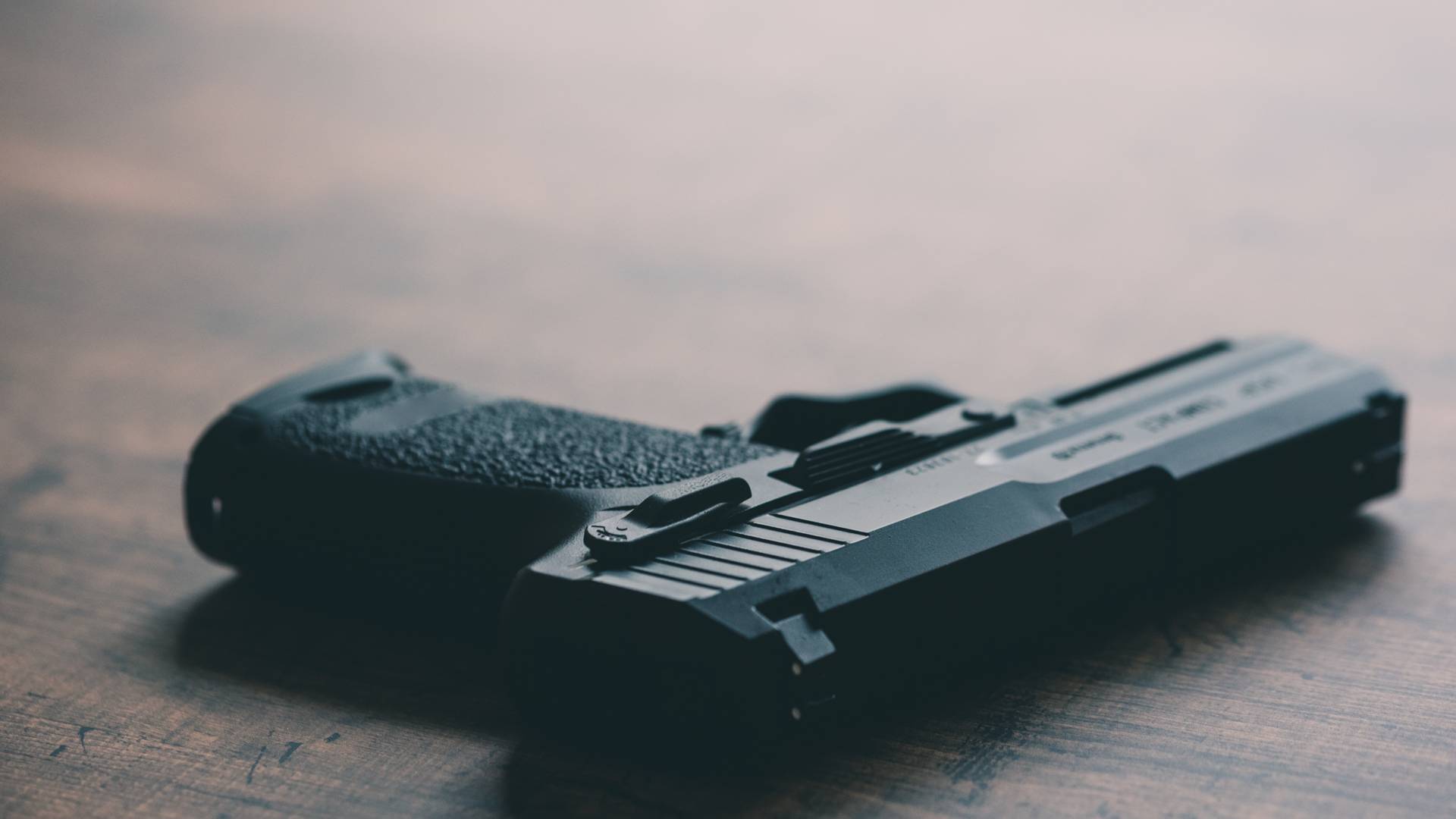When you think of drug charges, you might think of charges related to the actual illegal substances. There is another type of drug charge that some people might face -- drug paraphernalia charges. In that case, you don't have to have actual drugs in your possession. Instead, you only need to have items that are associated with drugs in your possession.
What items might be considered drug paraphernalia?
Many common household items might be considered drug paraphernalia if they are being held or used to make, distribute or use drugs. Examples of some of these items are tiny baggies, scales, spoons and metal dish scrubbers. Some items, such as bongs, pipes, clips and freebase cocaine kits, are also considered drug paraphernalia. It is possible to face drug paraphernalia charges if you possess, import, export, sell, offer, transport or mail items that are considered drug paraphernalia.
How it is determined if an item is drug paraphernalia?
In some cases, police officers might detect the presence of drug residue on the items that are being classified as drug paraphernalia. It is also possible that the determination can be made based on the context of use. In that case, it might be possible to challenge the police officer's interpretation of the product's use. In some cases, the location of the items and the presence of multiple drug-related items might lead to an accusation of drug paraphernalia.
There is a host of defense options that exist for people who are facing charges for drug paraphernalia. Carefully considering each option can help you to decide which options you are willing to use for your defense.
Source: FindLaw, "Drug Paraphernalia," accessed Jan. 29, 2016
